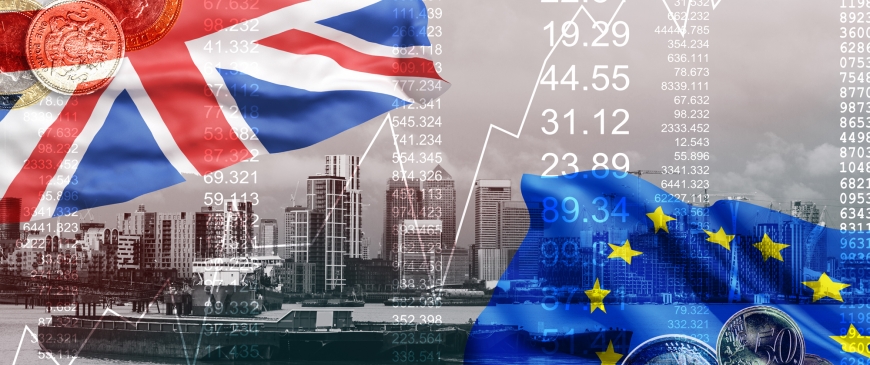
Debunking the paper championed by Jacob Rees Mogg claiming a no-deal Brexit would boost the economy
The Brexit debate deserves so much better than Economists for Free Trade’s latest offering. Their paper, championed by Jacob Rees-Mogg, tries to make the case for leaving the EU without a deal and trading under World Trade Organization rules. E4FT contend that such an arrangement would leave UK GDP, in 15 years’ time, seven per cent larger than it would have been had the UK remained in the EU. They also, paradoxically, forecast an increase in tariff revenue of £13 billion, as a result of erecting tariffs, alongside a drop in UK consumer prices of up to eight per cent, as a result of removing tariffs.
E4FT’s estimates run contrary to all mainstream economic forecasts, including those of the government, which estimate the long-run hit of trading on WTO terms of around 7.7 per cent.
The reality of trade barriers
Of course, all economic forecasting is imprecise. However, just as we know that were I to exercise daily I will probably live longer than if I did not, so do we know that putting up barriers to trade with our biggest trading partner will probably leave the UK poorer than it would have been otherwise.
So how do E4FT arrive at such a counter-intuitive conclusion? For this, we need to examine their assumptions, of which there are many. Here I will focus on three.
First, they assume the EU will not impose new checks on UK goods exported to the EU because doing so would be illegal under WTO rules. This is not true. While emergency provisions might kick in in the short run, in the long-run, in the absence of a trade agreement, the EU would be obliged to treat imports from the UK the same as it does imports from all other WTO member with which does not have additional agreements.
What this means To give a practical example of what this means: all products of animal-origin imported into the EU from outside must enter the EU territory via a veterinary border inspection post, where they are subject to document checks and up to 50 per cent subject to physical inspections.
While the EU has reached narrow equivalence agreements with some countries, including New Zealand, these serve to reduce the frequency of physical inspections, but not the need to enter via a veterinary border inspection post and document checks. Worryingly, for UK exporters, Calais and the Eurotunnel are not veterinary border inspection posts.
The only countries outside of the EU that have managed to remove the need for health checks on food exported to the EU are the EEA members and Switzerland, who have not only implemented EU food hygiene rules domestically, but also apply EU checks on all imports of animal origin entering from the rest of the world.
Second, at eight per cent, E4FT overestimate the potential consumer benefit of unilaterally dropping all tariffs on imports. The Institute for Fiscal Studies estimates that, at best, the unilateral lowering of UK tariffs to zero would lower consumer prices by 1.2 per cent, but note that this potential benefit has already been wiped out by a two per cent rise in prices due to fall in the value of sterling since the referendum.
Thirdly, E4FT seek to denigrate the trade liberalisation afforded by the single market. Much of their argument is grounded on the assumption that the reader does not understand how percentages work. It claims that because exports to the EU from a basket of countries – including China, India, the USA and Nigeria – have grown at a faster rate than the UK’s, the UK trading on similar terms would be fine.
This is a non-sequitur and tells us nothing about the impact of the single market on UK exports –if Nigeria’s trade with the EU is £20bn and grows by 100 per cent, it will be 40bn; if the UK’s trade with the EU is £400bn and grows 10 per cent the increase will be the same in value terms.
The price of Brexit
We shouldn’t need to explain percentages to self-proclaimed economists, but so it goes. That professionals and politicians have deigned to attach their name and support to such a shoddy piece of analysis suggests that Brexit has indeed already cost a segment of the ‘elite’ something: their shame.
Sam Lowe is a senior research fellow at the Centre for European Reform.
